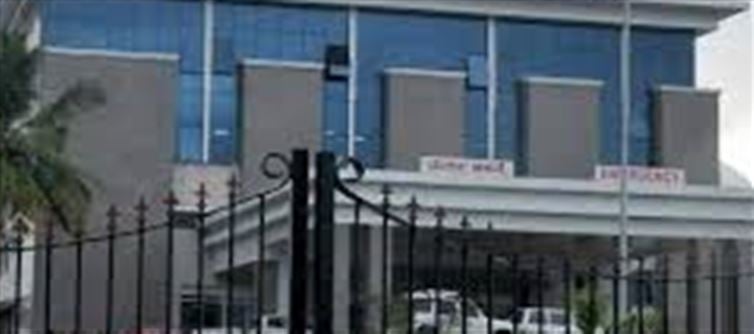
The Sri Jayadeva Institute of Cardiovascular Sciences and Research in Bengaluru—one of India’s leading heart care institutions—is set to welcome new leadership soon. A high-level meeting chaired by Chief minister Siddaramaiah and Medical education minister sharan Prakash Patil was held on thursday to finalize the appointment of a new director. With 11 candidates in the fray, the final announcement is expected by September 10.
🏥 1. Why Jayadeva Institute Matters
The Jayadeva Institute is not just another hospital—it is a nationally recognized hub for cardiac treatment and research. Known for its affordability and accessibility, the institute treats thousands of patients every year, especially from rural and economically weaker sections. Its leadership plays a crucial role in ensuring high-quality care.
2. High-Level Meeting to Decide Leadership
The appointment process was discussed in a meeting chaired by Karnataka cm Siddaramaiah along with Medical education minister sharan Prakash Patil. The focus was on ensuring that the right candidate, with both administrative expertise and medical excellence, takes over the reins.
3. A Strong Line-Up of 11 Candidates
According to sources, 11 qualified candidates were interviewed for the post of director. Each candidate brings unique experience in cardiology, research, and healthcare management, making the decision a highly competitive one.
4. Final Announcement by september 10
The suspense won’t last long—the new chief is expected to be announced by September 10. This timeline ensures a smooth transition of leadership without affecting the ongoing operations of the institute.
5. Legacy of Strong Leadership
The Jayadeva Institute has grown into a world-class facility under visionary leadership in the past. From expanding specialized cardiac services to making treatment affordable, the directors have historically shaped the institute’s success. The new appointment will be crucial in carrying forward this legacy.
6. Research and Innovation Hub
Apart from patient care, Jayadeva is a center for cardiovascular research, training, and academic excellence. The incoming director will have the responsibility to strengthen these areas, promote cutting-edge research, and collaborate globally in the field of cardiac sciences.
7. What This Means for karnataka & Beyond
For karnataka, having a strong leader at Jayadeva means better healthcare delivery for citizens, especially the poor. For India, it means continued excellence from one of the largest dedicated cardiac centers in Asia, which often sets benchmarks for heart care.
8. Patients’ Expectations from the New Chief
Patients and families look forward to compassionate leadership that not only manages the institute efficiently but also ensures reduced wait times, improved facilities, and continued affordability. The new director will need to balance administration with empathy.
Final Thoughts
The appointment of a new director at the Sri Jayadeva Institute of Cardiovascular Sciences and Research is more than a routine administrative update—it is a turning point for one of India’s top cardiac hospitals. With 11 candidates vying for the role and the final decision due by September 10, the future of the institute looks poised for another chapter of growth and service.
For now, all eyes are on the karnataka government as it prepares to announce the next leader who will guide Jayadeva into its future.
Disclaimer:
The views and opinions expressed in this article are those of the author and do not necessarily reflect the official policy or position of any agency, organization, employer, or company. All information provided is for general informational purposes only. While every effort has been made to ensure accuracy, we make no representations or warranties of any kind, express or implied, about the completeness, reliability, or suitability of the information contained herein. Readers are advised to verify facts and seek professional advice where necessary. Any reliance placed on such information is strictly at the reader’s own risk..jpg)




 click and follow Indiaherald WhatsApp channel
click and follow Indiaherald WhatsApp channel